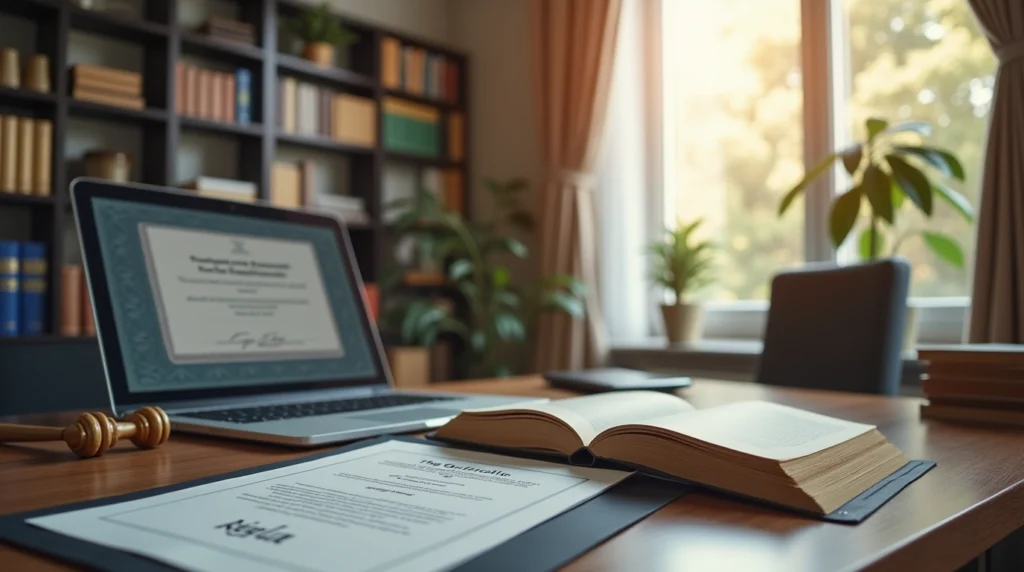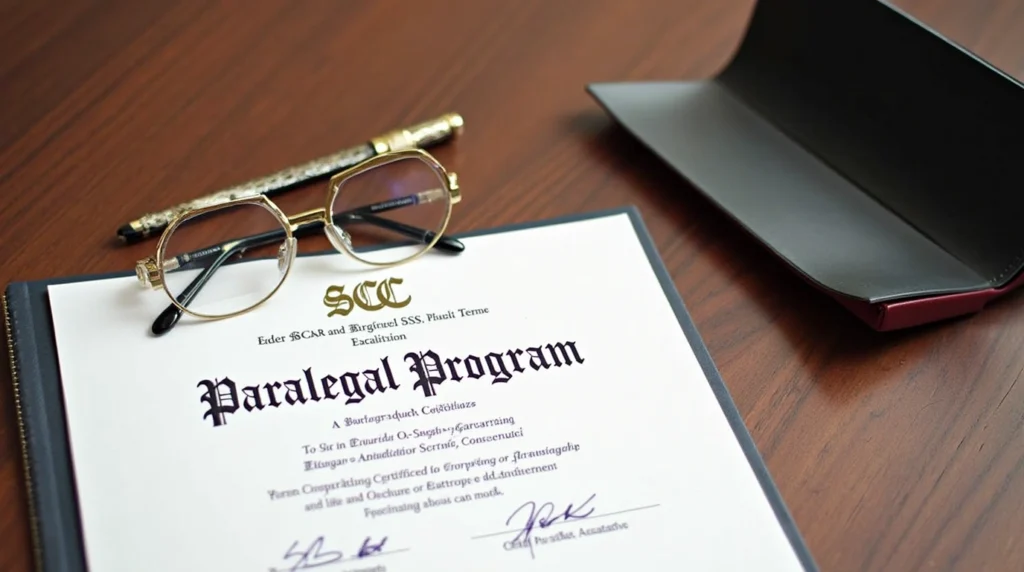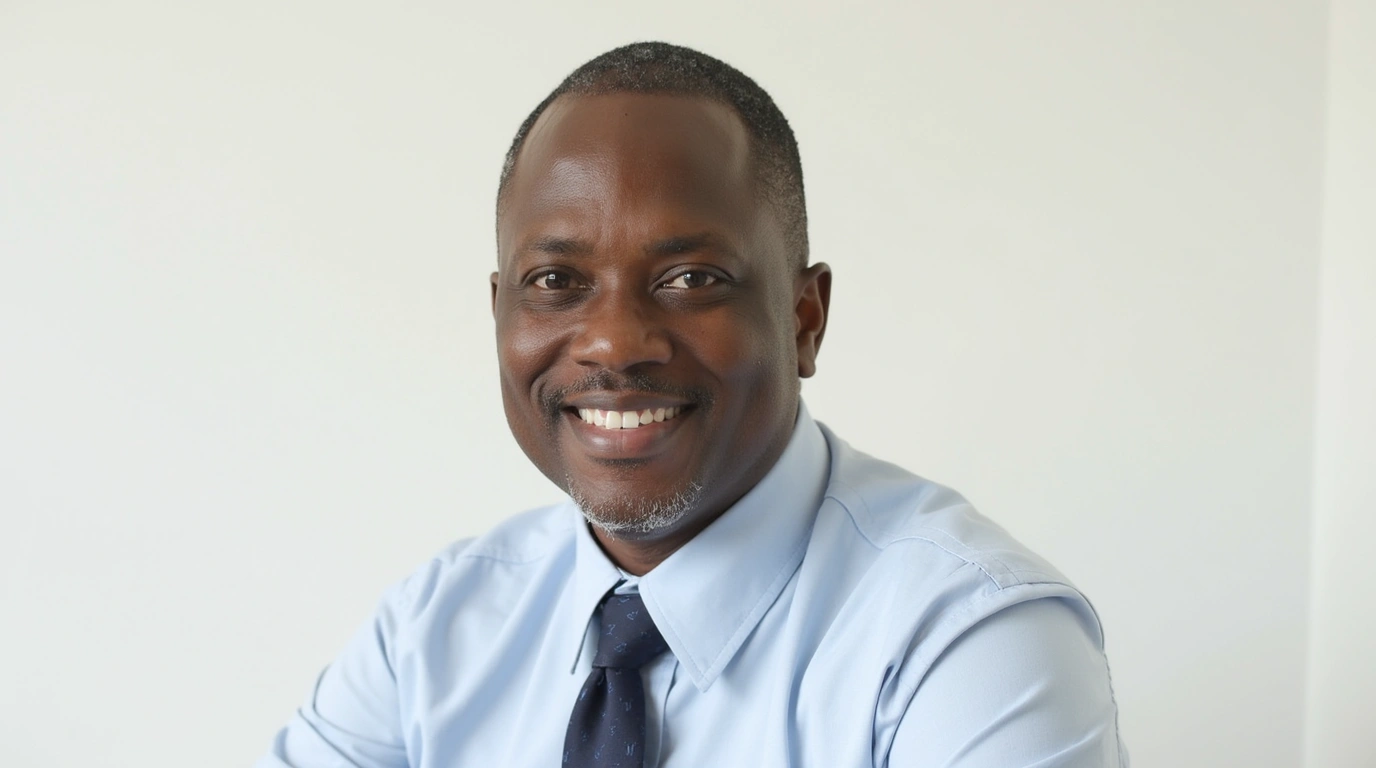SCC paralegal program is all about getting ready for a career in law. It mixes learning with hands-on skills training. Santiago Canyon College (SCC) offer one of the top paralegal program in its legal studies curriculum. It’s ranked eighth in California for quality and cost. at SCC, the focus is on delivering high-quality education that is both affordable and accessible. Whether you’re fresh out of high school or seeking a career change, this program equips you with the skills and knowledge needed to thrive in the legal field. And with a proven track record of graduates excelling in their careers, SCC ensures you’re not just prepared—you’re set up for success
Table of Contents
What’s the SCC Paralegal Program All About?
At its core, the SCC Paralegal Program is a training ground for people who want to work in law without spending seven years and a fortune on a JD. It’s offered at various community colleges under the “SCC” banner—Spokane Community College, Santiago Canyon College, Southeastern Community College, and others. Each has its own flavor, but they all aim to do the same thing: teach you the law, show you how to use it, and get you working.
Spokane’s version, for instance, is a heavy hitter. It’s got an Associate of Applied Science (AAS) degree that takes about two years—90 credits, six quarters—and a shorter certificate if you’ve already got a degree. It’s approved by the American Bar Association (ABA), which is a big deal; that stamp means employers trust it. Santiago Canyon, over in California, ranks eighth in the state for quality and cost, offering a mix of degrees and certificates too, also ABA-approved. Southeastern’s program, meanwhile, is pushing for ABA approval and focuses hard on tech skills like eDiscovery—sorting through digital evidence—which is huge in today’s legal game.
The courses? They’re practical. You’ll learn legal research—how to dig through databases like Westlaw or LexisNexis to find cases and laws. You’ll write motions, contracts, and memos that attorneys can actually use. And you’ll get into specifics: civil litigation (lawsuits), criminal law, family law (divorce, custody), even stuff like intellectual property or immigration if you want. It’s not just book learning either—most of these programs throw in internships or capstone projects where you’re doing real legal tasks, like drafting a pleading or prepping for a mock trial.
SCC Paralegal Program: Why 2025 Is the Year to Jump In

Here’s the thing about 2025: the legal field’s changing fast, and paralegals are in the thick of it. The U.S. Bureau of Labor Statistics says paralegal jobs will grow 12-14% from 2021 to 2031—way faster than most gigs. Why? Law firms want to cut costs. Clients hate paying $300 an hour for an attorney to do research a paralegal can handle for half that. Plus, with tech like AI sorting documents and cloud systems tracking cases, paralegals who know their way around those tools are gold.
I’ve talked to hiring managers who say it plain: they need people who can hit the ground running, not just recite statutes. That’s where SCC shines. By 2025, programs like Spokane’s are rolling out AI-assisted research modules—think learning to double-check what a machine spits out, not just relying on it blind. Southeastern’s already deep into eDiscovery, teaching you how to manage terabytes of emails and files in a case. Santiago Canyon’s got externships with corporate legal teams, where the demand’s spiking. This isn’t theory—it’s what’s happening now, and it’s setting grads up to walk into jobs ready.
How It Actually Works: The Day-to-Day
Let’s get into the nitty-gritty of what you’re signing up for. Say you pick Spokane’s AAS track. You’re in class maybe 15-20 hours a week, depending on if you go full-time or part-time. Day one, you might be in Legal Research & Writing, learning how to find a 50-year-old case that still matters today. Next day, it’s Civil Litigation—figuring out how to file a motion without screwing up the deadlines. Later, you’re in an internship, shadowing a paralegal who’s prepping a witness for trial. It’s steady, sometimes tough, but it builds you up.
Santiago Canyon’s setup is similar but leans hard on flexibility. Got a job? They’ve got evening classes or online options. Southeastern mixes in tech early—you’re not just reading about eDiscovery; you’re practicing it, sorting fake case files to see what holds up. Across the board, the pace varies—18 months to two years is standard, though Spokane’s certificate can wrap in 12 if you hustle, and Santiago’s got payment plans to spread out the cost.
The instructors aren’t just academics either. At Spokane, you’ve got folks like Janet Harrington, a paralegal with 20 years under her belt before she started teaching. Santiago’s got practicing attorneys showing you how they lean on paralegals daily. Southeastern pulls in specialists who’ve seen the shift from paper to pixels firsthand. They’re not there to lecture—they’re there to show you how it’s done.
SCC Paralegal Program: What It Costs—and What You Get Back

Money’s always the kicker, right? Costs depend on which SCC you’re at and where you live. Spokane’s 2023-2024 tuition was $4,057 a year for Washington residents, $5,494 for out-of-state, with a 3-4% bump each year—so figure $4,200-$5,700 by 2025. Santiago Canyon’s cheaper for Californians—$3,000-$8,000 for the whole program, though out-of-state jumps higher. Southeastern’s in that $9,000-$15,000 range total, depending on credits. Add books ($500-$1,000), maybe some tech fees for software, and you’re looking at a fraction of law school’s $100,000-plus tab.
Financial aid’s there too. FAFSA can cut it down with grants or loans. Spokane’s got quarterly payment plans starting months ahead—June for fall, say. Santiago offers Nelnet, a no-interest monthly split with a $30 fee. Scholarships pop up through SCC foundations or paralegal groups. It’s not free, but it’s doable.
What do you get for it? Jobs. Spokane’s placement rate is near 93%, with grads snagging offers before they’re done. Santiago’s got alumni like Maria Chen, who’s managing cases at a firm with no law school debt. Southeastern’s tech focus lands people in corporate gigs fast. Starting pay’s $40,000-$65,000, but specialize—say, in IP or corporate—and you can hit $75,000-$85,000 your first year in a big city. That’s real money for two years’ work.
The Good, the Bad, and the Real
Here’s the honest part. The SCC Paralegal Program isn’t perfect. It’s demanding—hours of research, deadlines that don’t budge, and ethical lines you can’t cross. If you hate details, this isn’t for you; one typo in a filing can tank a case. Spokane’s ABA approval is a flex, but Southeastern’s still chasing it, which might matter to some firms. Santiago’s ranked high, but California’s job market is brutal—networking’s a must.
But the good outweighs it. You’re not stuck in a lecture hall memorizing trivia. You’re doing the job—writing real docs, digging into cases, learning tech that’s reshaping law. The flexibility fits if you’ve got a life outside school. And that ABA tag (where it applies) opens doors non-accredited programs can’t touch. I’ve seen grads walk into firms and impress attorneys day one because they’ve already done the work.
Who’s It For—and What’s Next?

This program’s for people who like solving puzzles, digging into details, and keeping things moving. You don’t need to be a legal genius—just focused and willing to learn. High school grads, career switchers, anyone who wants law without the insane commitment—it fits. But it’s not a cakewalk. You’ll need grit to push through the dense stuff and the long nights.
If you’re in, next steps are simple. Pick your SCC—Spokane for ABA cred, Santiago for cost, Southeastern for tech. Check deadlines; spring’s competitive, but quarters roll year-round. File FAFSA, talk to admissions about aid, and get ready to work. You’re not just studying law—you’re stepping into it.
Conclusion
The SCC Paralegal Program isn’t a shortcut; it’s a solid road into a field that needs people like you in 2025. It’s practical, affordable, and built on real-world prep—whether you’re at Spokane, Santiago, or Southeastern. Law’s not slowing down, and neither should you. This could be where you start making a difference, one case at a time.
FAQ
Is the SCC Paralegal Program accredited?
Yes, Spokane and Santiago Canyon’s SCC Paralegal Programs are ABA-approved; Southeastern’s working toward it—check your campus for specifics.
How long does the SCC Paralegal Program take?
Most finish in 18-24 months, but Spokane’s certificate can wrap in 12 if you’ve got a degree already.
How much does the SCC Paralegal Program cost?
It ranges from $3,000-$15,000 total, depending on the SCC campus and residency—way less than law school, with aid options available.

